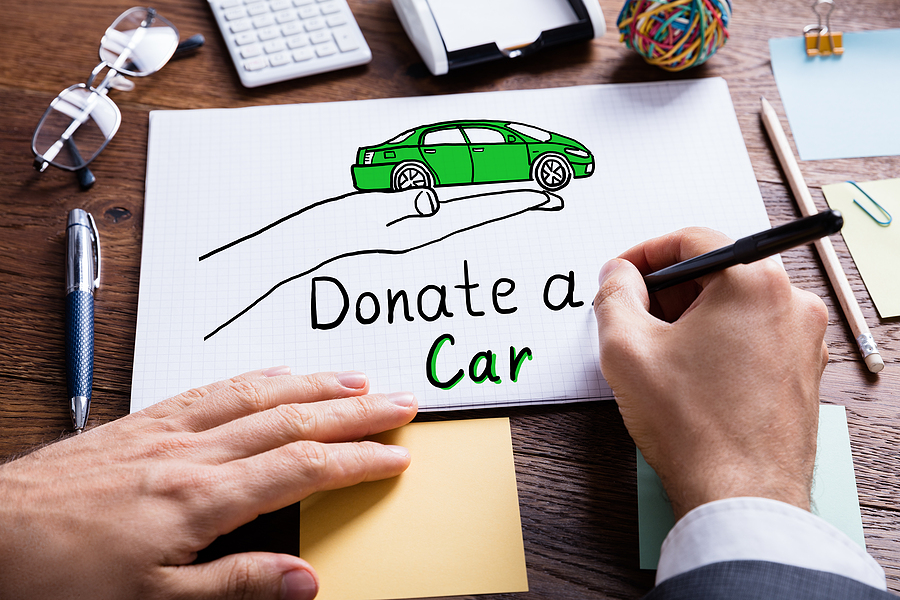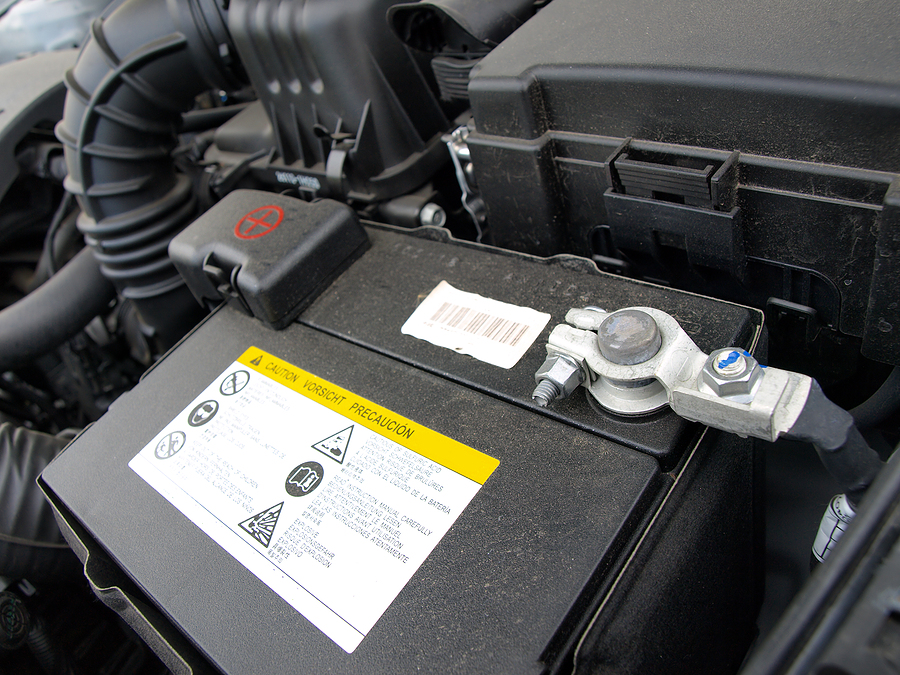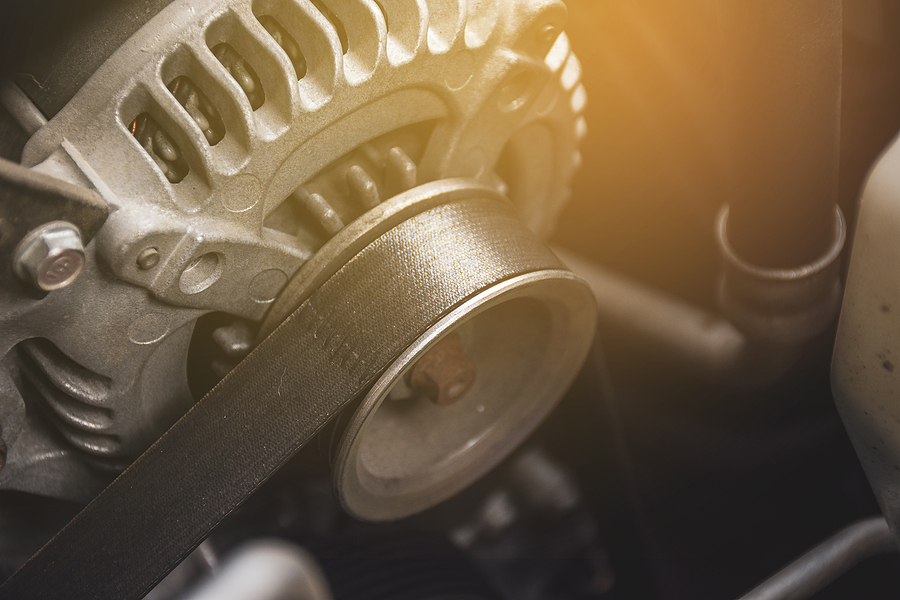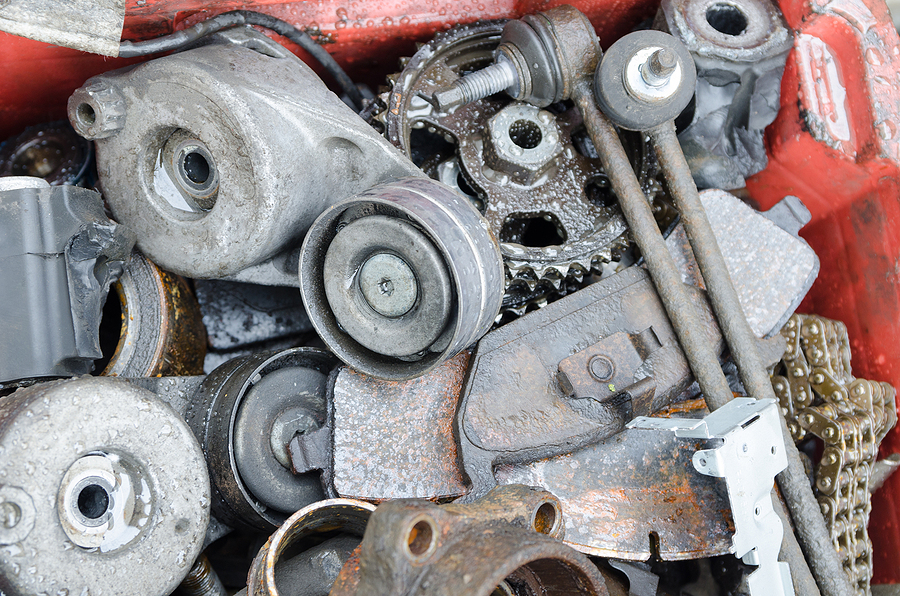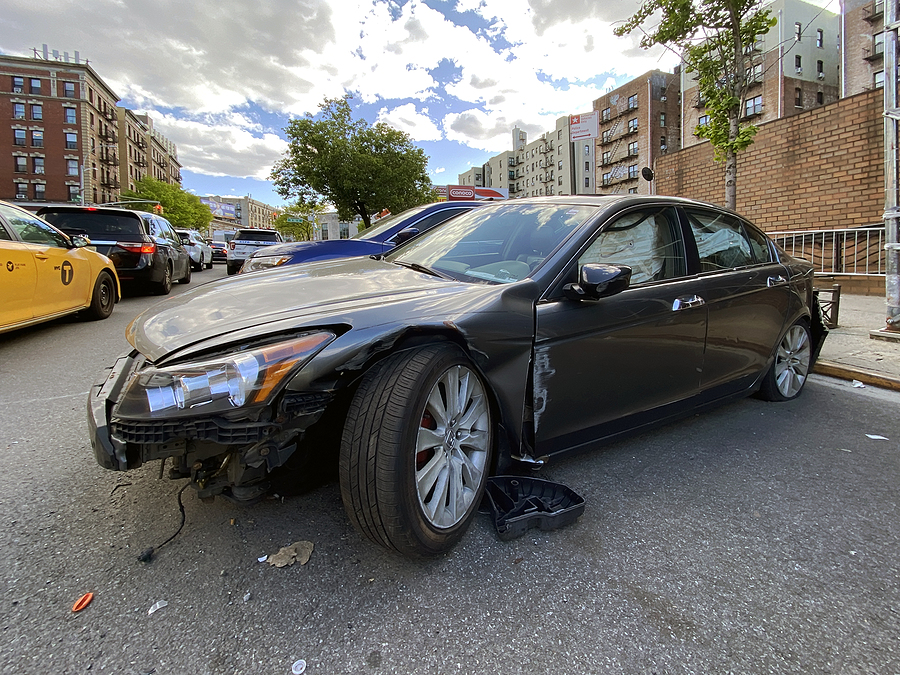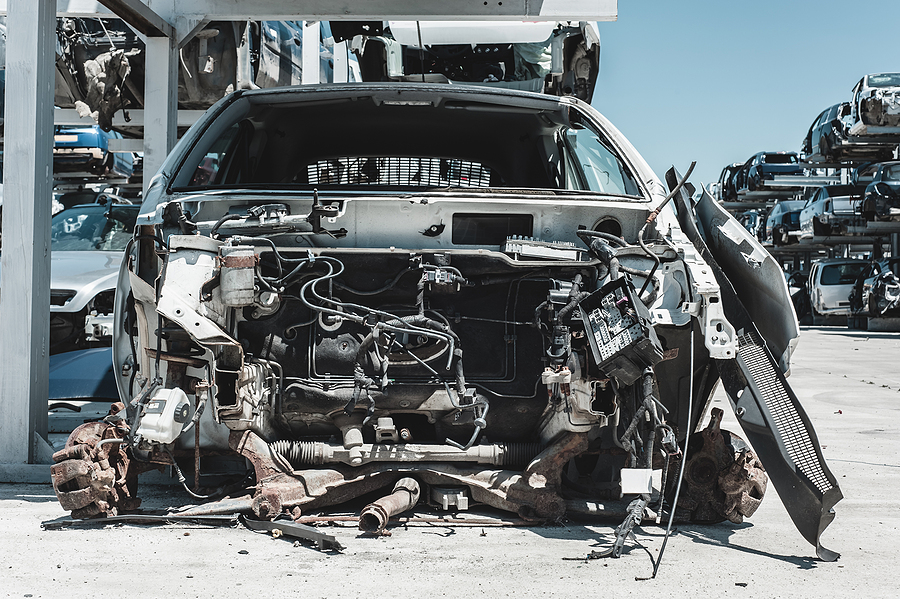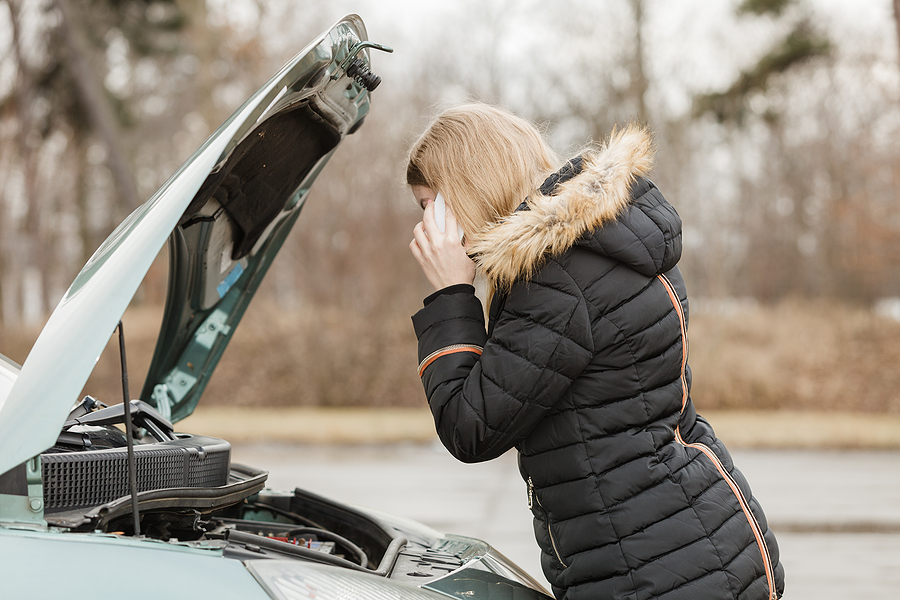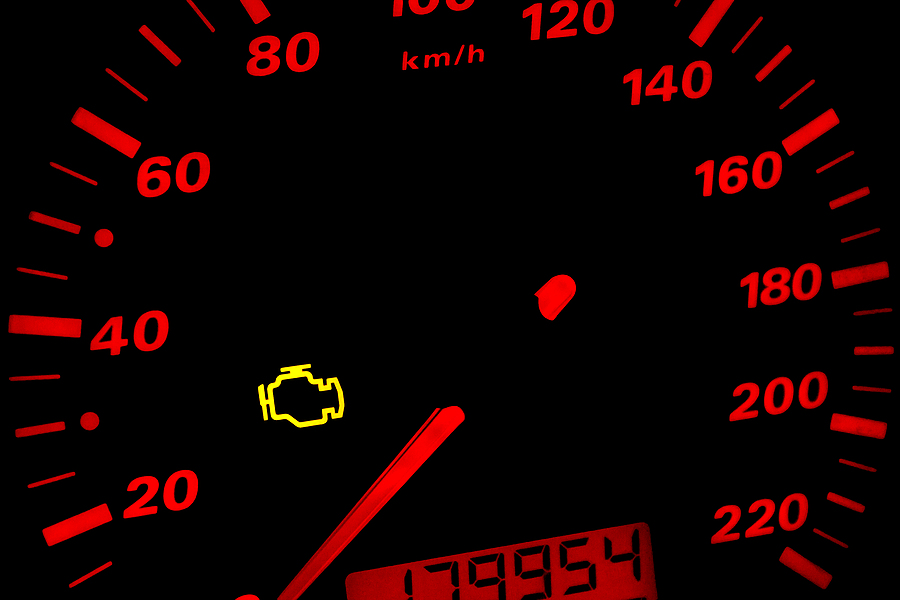In the blink of an eye, a car accident can change a carefree drive into a whirlwind of confusion and decisions. For many, this means confronting the realm of total loss vehicles — a term often misunderstood and yet profoundly decisive for those in its wake.
If you’ve recently had your car declared a total loss, or are unsure what to do if you find yourself in this situation, the path forward can seem as shrouded as the accident itself. Fear not, for this complete guide is crafted to illuminate the path, offering clarity and actionable insights for navigating the labyrinth that is a total loss vehicle.
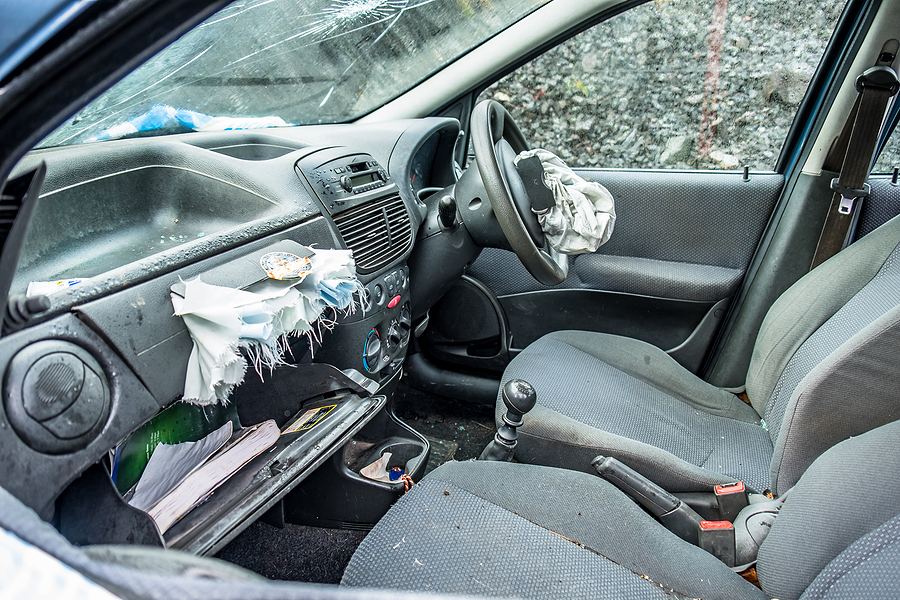
Understanding Total Loss Vehicles
Total loss vehicles, often abbreviated as “totaled cars,” are more than mere buzzwords; they’re poignant indicators of a significant shift in your vehicle’s status. But what exactly does “total loss” entail? How is it determined, and what values come into play?
A total loss vehicle is a car, truck, or motorcycle that has been damaged to the extent that the costs to repair it exceed a certain percentage of the vehicle’s total worth, as defined by insurers and statutes. This percentage varies by state and insurer but typically hovers around the 75% to 90% range of the vehicle’s pre-accident value.
Deeper into Junk Car Values: Market, Cash, and Salvage
To truly grasp the gravity of a total loss declaration is to comprehend the triad of values that insurers and car owners must contend with. Understanding these valuations arms you with the knowledge needed to negotiate your claims and consider your options prudently.
Actual Cash Value (ACV): Before the accident, your car had a market value — the amount it could reasonably be sold for, the ACV. This value is the insurer’s baseline for assessing the loss.
Fair Market Value (FMV): Similar to ACV, but it often accounts for external market changes, such as the seasonal fluctuation of car prices or a spike in demand for certain vehicles.
Salvage Value: The worth of your vehicle in its current state, essentially its ‘as is’ condition. If you choose to keep your totaled-out car, insurers may deduct this value from your settlement.
What to Do When Your Car is Declared a Total Loss
The path forward from a total loss declaration is rife with decision points. By moving through these steps thoughtfully, you ensure that your path is directed by your informed decisions. Here’s a comprehensive walk-through.
Noteworthy Steps Post-Total Loss Declaration
Alert Your Insurer: The first step after an accident is typically notifying your insurer. Prompt communication allows the claims process to begin, and you can relay the specifics of the accident, the damage to your car, and any injuries.
Vehicle Pickup: Decide whether you will retain your vehicle or relinquish it to your insurer. If the former, verify the process and any associated storage costs.
Settlement Offers: Be prepared for the initial settlement offer but also understand that this is not necessarily final. Insurance companies are open to discussions, and you should not feel pressure to accept the first offer.
Release and Property Transfer: If you accept the settlement, you will likely be required to transfer the car’s title to the insurer. This often involves signing a release form that closes out the claim.
The Process of Selling a Totaled Car
You’ve decided to part ways with your total loss vehicle, and you have options. Understanding the nuances of each option can greatly impact the outcome of your transaction. Here’s how to engage in a sales process that’s both productive and mindful of your opportunities.
Step-by-Step Guidance for Vehicle Disposal
Private Sale: If your car is deemed a total loss but still has components or historical value, consider selling it privately. This route can yield more than a sale to a junkyard, but it does require a willing buyer and a sense of the car’s residual worth.
Selling to a Junkyard: The more common path post-total loss is to sell your car to a junkyard that specializes in junk cars. Look for ‘junk car buyers’ or ‘auto scrapyards’ online. They’ll typically offer the salvaged price upon inspection and usually provide free towing services as part of the deal.
Vehicle Donation: An altruistic path that could also offer a tax deduction. Once you donate, the charity will often sell the vehicle to a junkyard or salvage dealer.
Navigating Insurance Claims for Total Loss Vehicles
The interaction with your insurance company post-total loss speaks volumes about the path your claim will take. Arm yourself with the knowledge of the ins and outs.
Claim Process Insights
Recording the Damage: Take ample photos and notes of the crash scene and your vehicle’s condition. These are your documented evidence to support your claim.
Claim Financing: Depending on the circumstances of the accident, different elements of your coverage may come into play. Understanding the terms of your policy and how they apply is crucial.
The Human Element: Don’t underestimate the power of clear, respectful communication with your adjuster, who’s often working within a framework governed by company policies and legal parameters.
Recognize the negotiation power you hold and deploy it strategically during these key discussions.
Legal and Financial Implications of Owning a Total Loss Car
The road after your car’s total loss interception avoided holds complexities that demand attention.
Salvage Titles and Ownership: A salvage title is a branding that denotes a car has been severely damaged. While it doesn’t mean the car is illegal to drive or insure, it can reduce its resale value and affect its insurability.
The Diminished Value Conundrum: Even when fully repaired, a car that’s been declared a total loss could suffer from diminished value, a concept referring to the perceived worth of the car being lower due to its accident history. This can be a point of contention in settlements with insurers.
Understanding these implications arms car owners with the foresight needed to approach the next stages of their car ownership or sales process.
Conclusion
The road of the total loss vehicle is undeniably one fraught with potholes and forks, but with this comprehensive guide, every car owner can steer through the process confidently. Remember, the value of your vehicle does not diminish the importance of your safety and peace of mind. Assess your options, understand your claim, and enter the post-accident period with a sense of control and direction that will carry you through to the next chapter of your driving life.
For more immediate assistance, consider consulting with local experts, such as your trusted mechanic or an attorney specializing in vehicle accidents. Their expertise can be invaluable as you chart the best course for your particular circumstance. Finally, if your ultimate choice is to sell your totaled car, consider the expedient and practical solution of reaching out to local junk car buyers, where you can often find an offer for cash on the spot, helping to close this chapter with a concrete and satisfying resolution.
Looking for a junkyard in Cincinnati that will pay you the most money for your total loss vehicle and tow it away for free? Here we are! Contact GC’s Junk Cars at 513-991-4776 today and we’ll provide a free, no-obligation quote for your junk car! We look forward to helping you get cash for your junk car today.
Related Posts:
A Comprehensive Guide to Uninsured Car Accidents
Turn Your Trash into Cash: Finding the Perfect Junk Car Buyer
How Much Money Can I Sell a Junk Car For?

